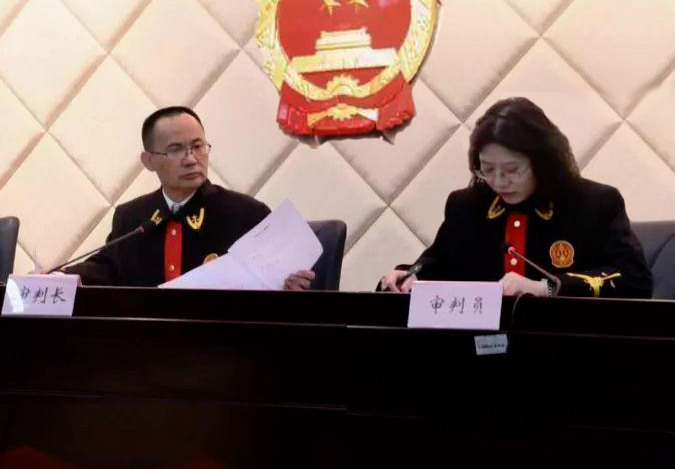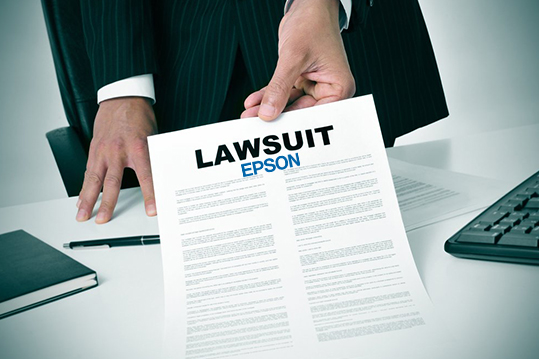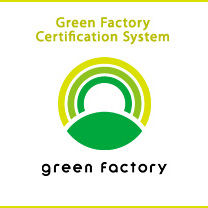Geographical Significance of First Sales Doctrine Remains Irrelevant
 According to U.S. patent attorney Ed O’Connor, the recent Federal Circuit court ruling in the Lifescan vs Shasta case—over blood glucose monitoring systems—has “determined that geography is irrelevant in determining first sale exhaustion”. However, Lexmark continues to argue in their case against Impression Products, that the case does not address whether patent exhaustion applies to patented articles first sold outside of the United States.
According to U.S. patent attorney Ed O’Connor, the recent Federal Circuit court ruling in the Lifescan vs Shasta case—over blood glucose monitoring systems—has “determined that geography is irrelevant in determining first sale exhaustion”. However, Lexmark continues to argue in their case against Impression Products, that the case does not address whether patent exhaustion applies to patented articles first sold outside of the United States.
Lexmark maintains that the Lifescan case actually supports its program where purchasers of their prebate cartridges “made an express contractual undertaking”.
“In both instances,” O’Connor told Recycling Times Media, “the seller of patented products attempted to foist off on its consumers a contract, by putting a restrictive license on labels on the packaging of their products. The Federal Circuit has now made it very clear that such restrictive label licenses are invalid.” O’Connor argues “slapping a restrictive license” on a product does not automatically create or put an enforceable contract into place.
The case in the U.S. District Court in Cincinnati, Ohio continues.






Leave a Comment
Want to join the discussion?Feel free to contribute!